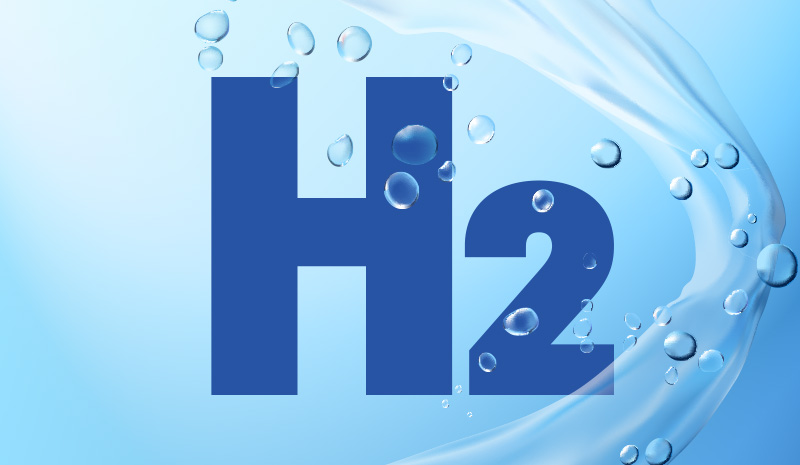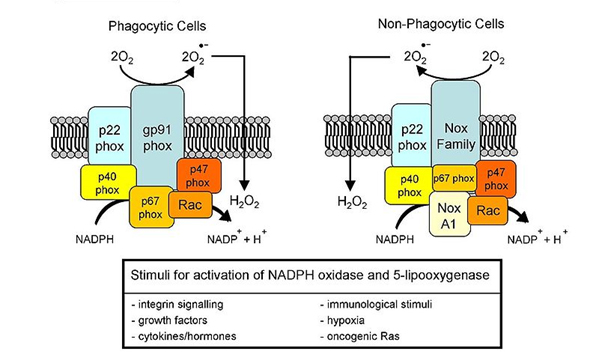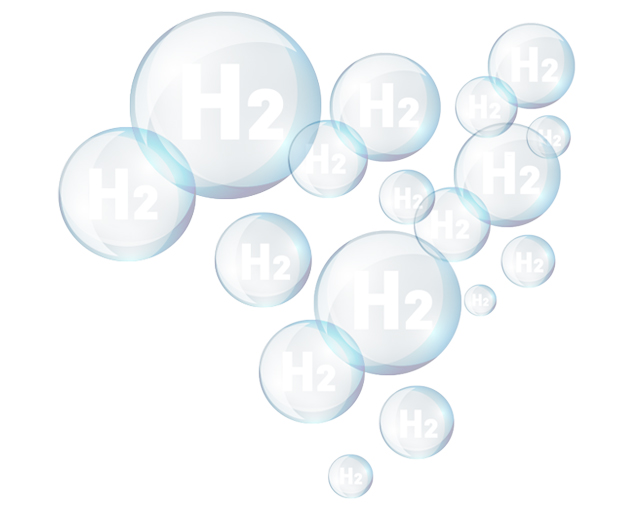Do you know about hydrogen water?

Hydrogen water or hydrogen-rich water (also called hydrogen-enriched water) simply means normal water (H2O) that contains dissolved hydrogen gas (H2). To put it briefly, hydrogen water is water with separate hydrogen molecules (H2) interspersed among the water molecules (H2O). This can be compared to carbon dioxide gas (CO2) being dissolved in carbonated water or carbonated beverages. In its natural state, regular water (tap water, seawater, river water, spring water, etc.) and the Earth's atmosphere below the troposphere generally do not contain separate hydrogen molecules (hydrogen gas, H2), except for some very rare instances.
For this reason, almost all hydrogen water is artificially created by humans. The majority of hydrogen water is produced through the electrolysis of water, where hydrogen gas (hydrogen molecules) is separated and reintroduced into water. This method ensures the production of safe and healthy water. Since the 2000s, various research findings in the medical field have revealed that hydrogen possesses antioxidant properties that can benefit human health. Consuming hydrogen water can potentially help reduce oxidative stress and inflammation in the body, which in turn may reduce the risk of certain diseases and improve overall health. Numerous research studies have highlighted these potential benefits.
Characteristics of hydrogen water:
• Colorless, odorless, and tasteless water with an abundance of hydrogen molecules (H2).
• Selective removal of harmful reactive oxygen species, specifically hydroxyl radicals (OH•), through its antioxidant effect.
• Effective antioxidant function that can pass through the blood-brain barrier (BBB) and protect brain cells.
• Neutral water with a similar pH level to our body.
• Safe water without any adverse effects, even when containing high concentrations and amounts of hydrogen."
Hydrogen is an approved safe substance by the Ministry of Food and Drug Safety.
The Ministry of Food and Drug Safety (MFDS) officially approved hydrogen as a food additive for beverages through a notice dated February 24, 2015 (MFDS Notice No. 2015-5). Therefore, hydrogen water is recognized as safe water by the government.
Why hydrgen ∙ hydrogen water?

Professor Shigeo Ohta of the Medical School in Japan published a research paper in the prestigious medical journal "Nature Medicine" in 2007, stating that hydrogen selectively eliminates only harmful reactive oxygen species in the body, thus acting as a therapeutic antioxidant. Since then, numerous research papers on the efficacy of hydrogen, exceeding 500 publications, have been published worldwide in various disease fields such as diabetes, cancer, skin aging, atopic dermatitis, and more.
Ohta S., et al., Hydrogen acts as a therapeutic antioxidant by selectively reducing cytotoxic oxygen radicals. Nature Medicine. 2007 Jun;13(6): p. 688-94.

Since 2010, there has been a growing interest in hydrogen and hydrogen water in Korea. In 2013, a research team from Seoul National University College of Medicine gained significant attention and recognition from both domestic and international academia and related industries when they published a paper titled "Hydrogen has protective effects against skin damage caused by ultraviolet radiation and has anti-aging effects" in the renowned international journal Plos One.

In the year 2020, a research team from Seoul National University conducted a significant experiment by securing a substantial number of participants for a clinical trial. Through this experiment, they published groundbreaking research results in the top-tier international academic journal, 'Nature Scientific Reports,' stating that the consumption of hydrogen water increases antioxidant capacity and reduces inflammatory responses in the human body, attracting international attention.
Experience a healthier you just by changing water!
The medical benefits of hydrogen.
Selective removal of the most powerful oxidative agent, hydroxyl radical.
Hydrogen selectively eliminates hydroxyl radicals, which are the most powerful oxidative agents. Moreover, it acts as an ideal antioxidant by not removing superoxide radicals and hydrogen peroxide, which are essential for cellular maintenance at low concentrations.
Easy and rapid penetration through cell membranes.
Hydrogen effortlessly passes through the lipid-based cell membranes and rapidly diffuses throughout all cellular structures. It can also easily enter the nucleus where DNA is enclosed, swiftly protecting cells from oxidative damage.
Even at high concentrations, there is no toxicity.
Numerous animal experiments and human trials have involved inhalation of hydrogen mixed with air or its use in dissolved form in water, yet no toxicity or side effects have been observed.
Why hydrogen water?
Why is reactive oxygen species a problem?
Reactive oxygen species, which cause cellular rusting, are the root cause of aging and disease. The removal of reactive oxygen species (antioxidation) is extremely important.

Reactive oxygen species and the resulting oxidative stress are direct causes of aging and are associated with over 90% of all diseases. Toxic reactive oxygen species, specifically hydroxyl radicals, primarily induce oxidative stress, which is known to contribute to major lifestyle diseases such as cancer, dementia, diabetes, and hypertension.
Reactive oxygen species (ROS), also known as harmful oxygen, refer to oxygen that is in an unstable state and different from the oxygen we breathe. Excessive production of ROS occurs due to factors such as environmental pollution, chemicals, ultraviolet rays, circulatory disorders, and stress. Excess ROS in the body leads to oxidation. This process damages cell membranes, DNA, and other cellular structures, causing cells to lose function or undergo degeneration depending on the extent of the damage.
Ideal antioxidant: "Hydrogen water"

Ideal antioxidant: "Hydrogen water"
When hydrogen encounters reactive oxygen species (toxic oxygen) in the body, it is converted into pure water and eliminated from the body along with waste materials.
Hydrogen selectively removes the most harmful toxic reactive oxygen species, hydroxyl radicals, which were previously considered harmful to the body and had no removal or detoxification methods. Hydrogen does not react with beneficial reactive oxygen species that have beneficial effects on the human body. Moreover, hydrogen molecules, being the smallest in size, can quickly penetrate into the mitochondria within cells (hydrogen is 1/10,000 the size of mitochondria) to remove reactive oxygen species. It can also pass through the blood-brain barrier (BBB), which was previously inaccessible to conventional antioxidants, and remove reactive oxygen species that damage brain cells.
Conditions for an ideal antioxidant:
1. Reacts only to toxic reactive oxygen species that have harmful effects on the body.
2. Rapid diffusion throughout the body and easy penetration into cells.
3. No side effects when taken in high doses.
4. Easy consumption without additional calorie accumulation.
 KOR
KOR EN
EN JP
JP